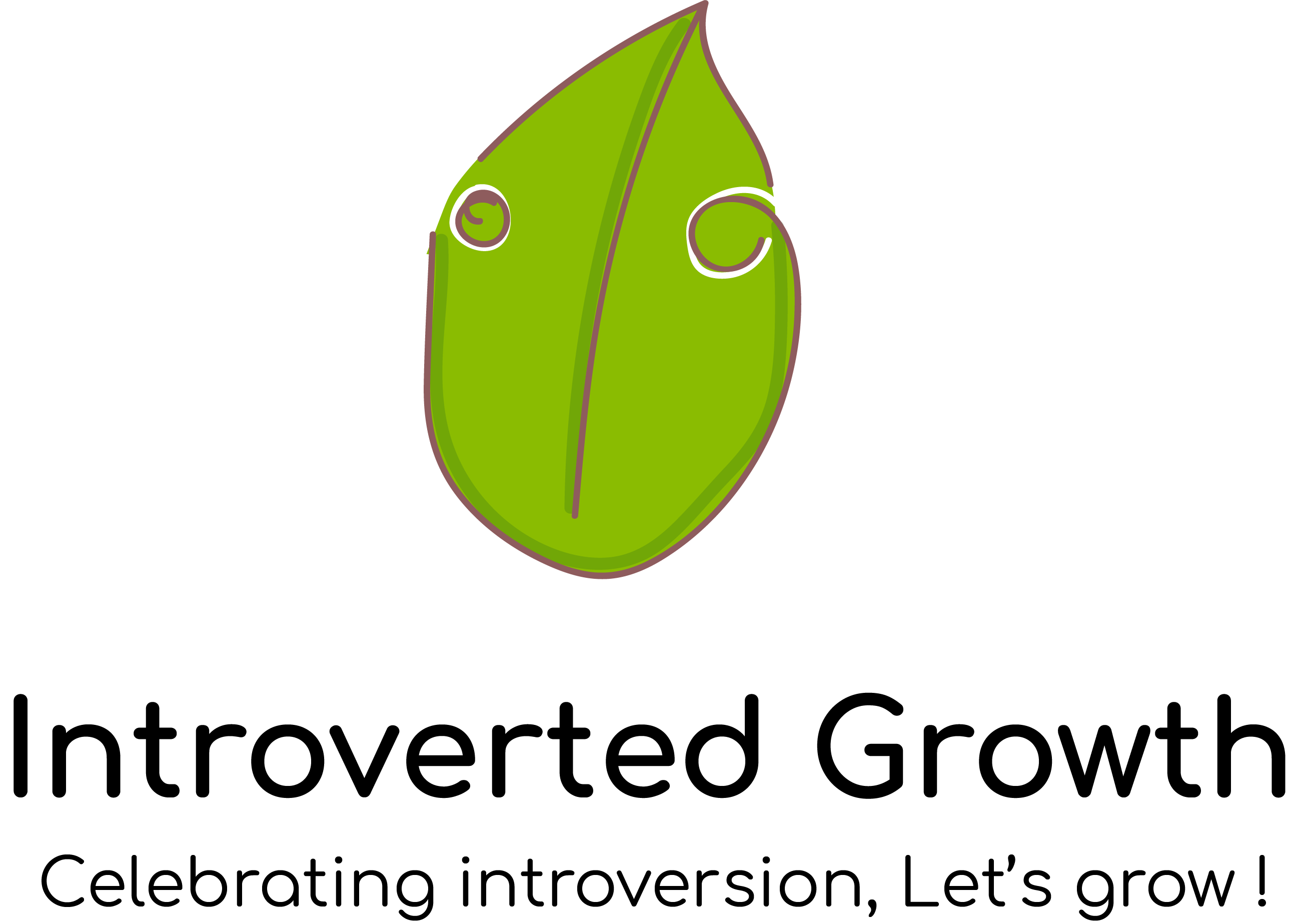ENFJs are some of the most highly-regarded and admired people in the world. But they can also be some of the most unhealthy. This is because ENFJs have a lot of positive qualities – but they can also be quite destructive if they’re not careful.
In this article, we’ll explore seven of the most common traits of unhealthy ENFJs. We’ll also discuss how to deal with them when they arise. So if you’re an ENFJ, read on! You may find that you recognize yourself in some of these traits – and that’s okay. The important thing is to be aware of them and work on overcoming them.
Unhealthy ENFJ: 7 Key traits and How to Deal with Them
1. You’re a perfectionist
ENFJs are known for their high standards and perfectionism. If you become unhealthy, you may take this to the extreme. You might find yourself constantly striving for an impossible standard of perfection, taking an extreme interest in details both in your personal life and your career. This can lead to a lot of stress, anxiety, and a sense of never being good enough.
It’s important to remember that nobody is perfect. Everyone makes mistakes, and that’s okay. Allow yourself to be imperfect – it’s part of being human! If you’re finding that your perfectionism is causing you a lot of stress, try to find ways to relax and let go of your need for perfection.
2. Self Righteous
If you’re an unhealthy ENFJ, you might have a tendency to be self-righteous. This means that you tend to see yourself as always being right, and you may have difficulty accepting when you’re wrong. This can lead to a lot of conflict in your relationships, as well as a feeling of superiority over others.
It’s important to remember that nobody is perfect, and that includes you! Be open to the possibility that you might be wrong sometimes. It’s okay to admit when you’re wrong – it shows that you’re humble and willing to learn.
3. You’re Emotionally Manipulative
Because ENFJs are so in tune with other people’s emotions using their Ni, they can sometimes be emotionally manipulative. This means that you may use other people’s emotions to get what you want or to control them in some way. This can be extremely harmful to relationships, and it’s something that you should try to avoid.
If you find yourself being emotionally manipulative, try to be more honest with your motives. Why are you doing this? Is it because you genuinely care about the other person, or is there something else that you’re trying to get out of it? Be honest with yourself, and then be honest with the other person.
4. You’re Insecure
One of the main reasons why ENFJs can become unhealthy is because they’re so insecure. This means that you may have a lot of self-doubts, and you may second-guess yourself a lot. This can lead to a lot of anxiety and stress, as well as difficulty making decisions.
It’s important to remember that everyone feels insecure sometimes. The key is to not let your insecurity take over your life. Recognize when you’re feeling insecure, and then find ways to boost your self-confidence. Talk to a friend, do something that makes you feel good about yourself, or read affirmations.
5. You Tend to Suppress Your Feelings
Another common trait of unhealthy ENFJs is that they tend to suppress their own emotions. This means that you may bottle up your feelings, or try to ignore them. This can lead to a lot of pent-up anger and resentment, which can eventually explode in a bitter and unhealthy way.
This state will be constant for an unhealthy ENFJ, not one or two outbursts, but a feeling of being unable to release anger in a healthy way.
Allow yourself to feel your emotions, even if they’re painful. Suppressing your feelings will only make them worse in the long run. Find healthy ways to express your emotions, such as through journaling, art, or talking to a friend.
6. You’re a People-Pleaser
One of the main reasons why ENFJs can become unhealthy is because they tend to be people-pleasers. This means that you may go out of your way to please others, even if it’s at your own expense.
If this goes too far, the ENFJ will feel underappreciated and used, which will lead to a lot of resentment.
It’s important to remember that you don’t have to please everyone all the time. Focus on doing things that make you happy, and don’t worry about what other people think. Of course, it’s still important to be considerate of others, but don’t let their opinions control your life.
7. You’re a Workaholic
Another common trait of unhealthy ENFJs is that they tend to be workaholics. This means that you may be so focused on your work that you neglect other areas of your life, such as your relationships, your health, and your own happiness.
In this state, finding a balance is the hardest for an ENFJ so they chose the easy way out by working all the time.
It’s important to find a balance between work and the rest of your life. Make sure that you’re taking care of yourself, and that you’re making time for the things and people that you love. It’s okay to take a break from work sometimes, and it may even help you to be more productive in the long run.
If you find that you’re struggling to balance work and the rest of your life, try talking to a friend or a therapist. They can help you to figure out what’s going on, and they may have some helpful advice.
CONCLUSION
Here are the 7 key traits of an unhealthy ENFJ:
1. You’re a Perfectionist
2. You’re Self-Righteous
3. You’re Emotionally Manipulative
4. You’re Insecure
5. You Tend to Suppress Your Feelings
6. You’re a People-Pleaser
7. You’re a Workaholic
If you’re an ENFJ, it’s important to be aware of the potential for becoming unhealthy. However, it’s also important to remember that you have the ability to change. If you find that you’re struggling in some of these areas, don’t hesitate to seek out help. Remember, you’re not alone. There are people who care about you, and who want to help you to be the best that you can be.






